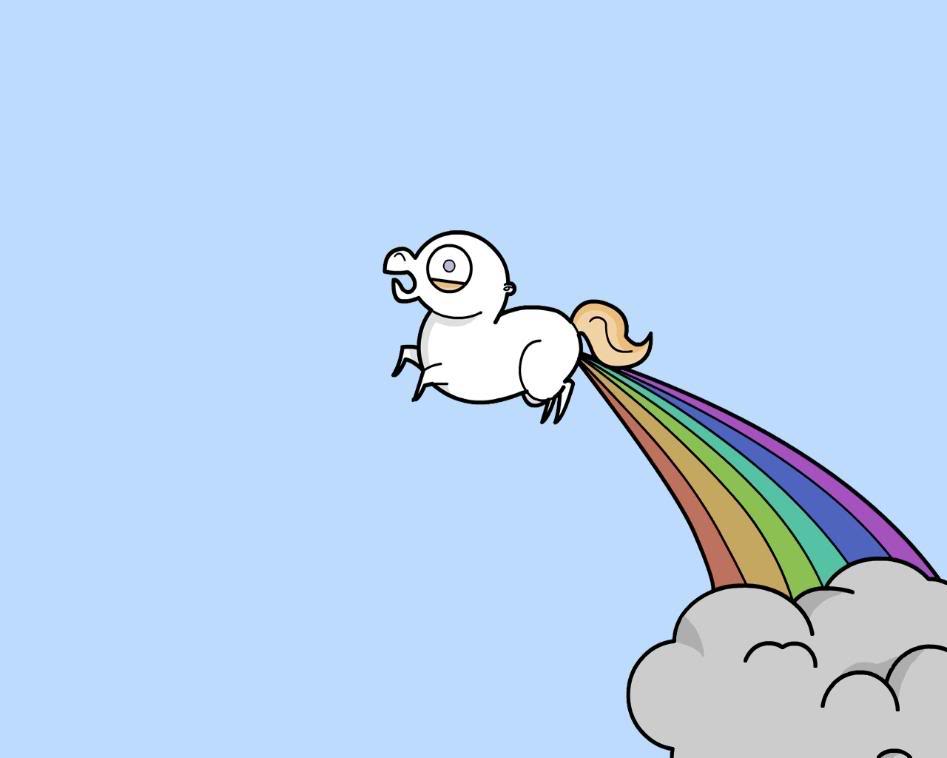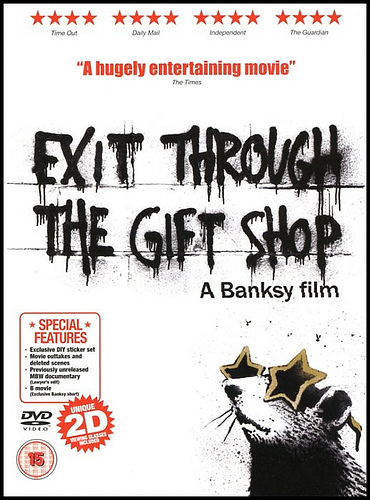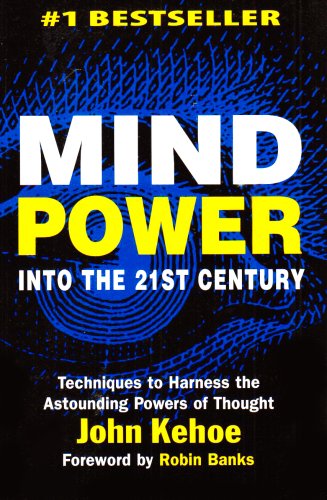Show me anyone who claims they never procrastinate, and I’ll show you a liar. And, if you’re one of the unicorns who doesn’t, then you are a lucky person indeed. Certainly, throughout my high school career, I’ve had teachers lecture me about how to manage my time better in order to avoid procrastinating.
Then, in college, if I ask a professor for an extension on a deadline, there’s a real chance that I’ll get a snide remark about time management and procrastination. I’m certain that I’m not the only one with this experience, either; the common train of thought in the academic community seems to be that procrastination results from the student’s time mismanagement. While not entirely false, it is not the full story: there’s something irrational about procrastinating.
Logically, we should all be motivated to complete our work, because that is more conducive to happiness. Instead, it seems that nearly every college student participates in procrastination; possibly because it is influenced by psychology. Our innate “fight or flight” reflexes have adapted to the societies we live in; long gone are the days of having to run or fight for your life, rather, our battles have become more “mundane.” The issue, though, is that our survival instincts have remained as sharp as ever, not that that’s necessarily a bad thing.
What it does mean is that parts of the brain will see a problem– for instance, let’s say you have a lot of deadlines on the same day — these instincts will interfere with your cognition. There’s two options here: you can “fight,” or work through until your assignments are complete, or you can “flee,” avoiding your work until it’s absolutely necessary (see: procrastinating).
Another way of thinking about it is, we are driven to do the things we do thanks to motivation. A number of factors weigh into your sense of motivation, and they work against demotivating factors. If there are more demotivating factors than motivating factors in a decision, the result is procrastination. As your deadline approaches, the motivating factors gain strength until you overcome your procrastination. Unfortunately, this process does not always leave enough time to actually do whatever it is you needed to do. The best way to avoid procrastination, then, is to consider what is “demotivating” you and figure out how to resolve these demotivations! Listed below are some examples of factors that can discourage your sense of motivation.

- Anxiety and Depression. It’s pretty obvious, but they are two major factors that will weigh heavily on your motivation. Mental health is one of those things that, unfortunately, you’re going to have to work around. After all, there is no way to just “cure” either anxiety or depression. One thing to be weary of is setting off a feedback loop of anxiety. Oftentimes, I will find that large tasks impose a ton of anxiety on me. In response, I procrastinate, which only builds up my anxiety, because I know I have to do it. It is important to be aware of this phenomenon so that you can identify it in yourself, and act accordingly. Step back, take a deep breath and organize your thoughts so that you can at least consider your next steps.
- You’re a perfectionist. This is common in creative work: oftentimes there might be a disconnect between what you are visualizing and what you are creating. Certainly, it is something that I struggle with– especially when writing. It is a frustrating thing, when you can’t properly verbalize what your ideas are. Try not to let your desire to produce high-quality work impede your process; instead, use it as a driving factor to do a good job. Recognize that, especially in schoolwork, perfect is simply unnecessary, and the anticipated standards may actually be much lower than your own standards.
- “This is future me’s problem.” Again, I am very guilty of this one. It can be very easy to see a task as unnecessary because it can be done in the future. It can also be easy to slip into, because it applies to the very mundane; sometimes I won’t make my bed simply because I know it won’t be a problem until I try to go to bed, or I push off putting my clothes away properly because I know I’m just gonna put them on later at some point, so instead I’ll just throw them on a chair.
While things might be inconvenient to do now, it is important to recognize that part of taking care of yourself is taking care of your future self, too. Try making things a little easier on your future self, sometimes.
You can find all of our active coupons at this link. Redeem here:
By Sebastian Ortega
Sebastian is a student at the Fashion Institute of Technology, where he majors in Fashion Business Management. He’s worked behind the scenes of New York Fashion Week with the company Nolcha Shows, and in the office of Elrene Home Fashions. Some day, he hopes to be able to make his own claim in the fashion industry by starting his own business.
For over 20 years, the Campus Clipper has been offering awesome student discounts in NYC, from the East Side to Greenwich Village. Along with inspiration, the company offers students a special coupon booklet and the Official Student Guide, which encourages them to discover new places in the city and save money on food, clothing, and services.
At the Campus Clipper, not only do we help our interns learn new skills, make money, and create wonderful e-books, we give them a platform to teach others. Check our website for more student savings and watch our YouTube video showing off some of New York City’s finest students during the Welcome Week of 2015.


 I remember towards the end of this past semester I had one of those days, where all I wanted to do was to stay in bed and shut the world out. It was a Sunday. I woke up, stayed in bed and cried for an hour. After which, I sat up on my bed staring out the window. I blankly watched the cars drive down my street, trying to figure out what I was feeling.
I remember towards the end of this past semester I had one of those days, where all I wanted to do was to stay in bed and shut the world out. It was a Sunday. I woke up, stayed in bed and cried for an hour. After which, I sat up on my bed staring out the window. I blankly watched the cars drive down my street, trying to figure out what I was feeling. 





































